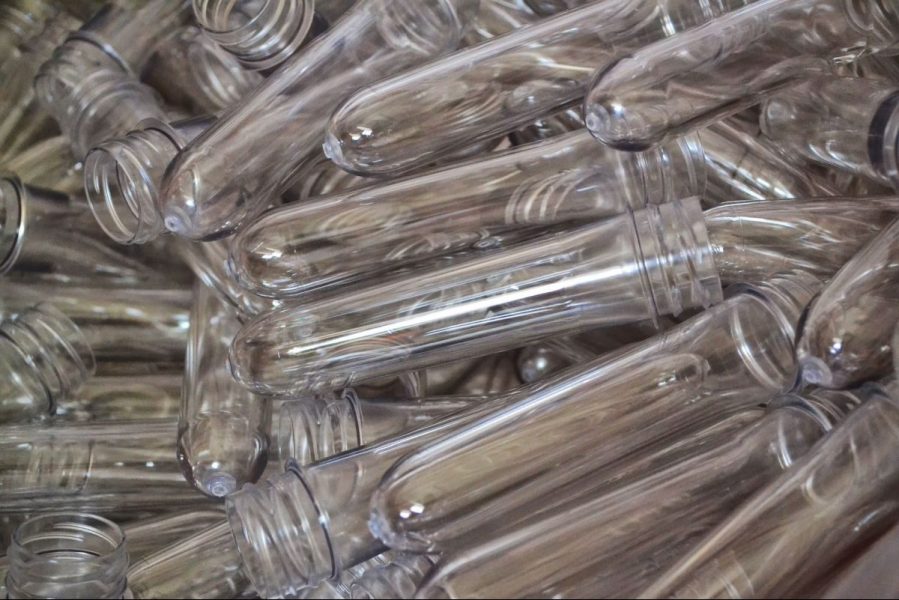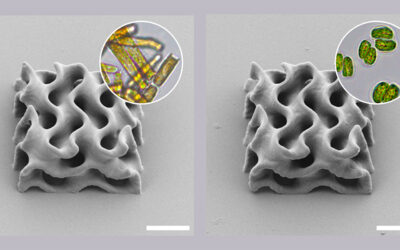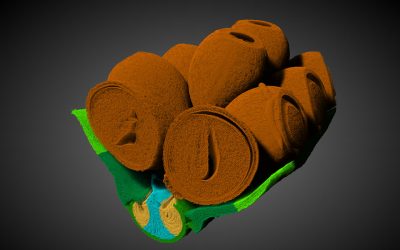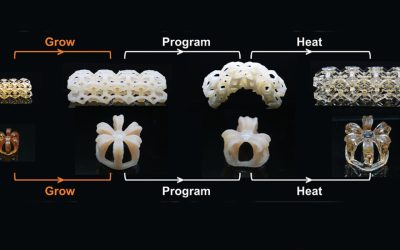 We cannot imagine our present-day life without the use of synthetic polymers to meet the challenges and trends in our modern world. In contrast to many biological macromolecules like proteins or nucleic acids, synthetic polymers are not uniform molecules, but all their structural features like size, composition, branching etc. are determined by a distribution of these molecular properties, and all processing and application properties are strongly dependent on the molecular structure.
We cannot imagine our present-day life without the use of synthetic polymers to meet the challenges and trends in our modern world. In contrast to many biological macromolecules like proteins or nucleic acids, synthetic polymers are not uniform molecules, but all their structural features like size, composition, branching etc. are determined by a distribution of these molecular properties, and all processing and application properties are strongly dependent on the molecular structure.
Polymer Reaction Engineering is the art of tailoring this diversity of structural properties to the needs of specific applications, as well as designing the most economic and ecologic production processes. Polymer Reaction Engineering can be seen as a kind of melting pot for various scientific disciplines like polymer chemistry and physics, polymerization kinetics and thermodynamics, process engineering and advanced mathematics and computer science.
In their book, Klaus-Dieter Hungenberg and Michael Wulkow have shown how to combine aspects of all these different disciplines in a modular approach to set up advanced mathematical models, which quantify the interdependencies between chemistry and process and the structural information of the macromolecules. The applications range from understanding of kinetic phenomena by modeling, simulation and parameter identification to optimization and optimal control of production processes.
A prominent example for the application of these techniques is the polymer with the highest volume in the world, Low Density Polyethylene (LDPE), where it has been shown, that these models are indispensable tools for tailoring polymer structure and process.

















